- Home
- W. W. Jacobs
His Lordship's Leopard: A Truthful Narration of Some Impossible Facts Page 3
His Lordship's Leopard: A Truthful Narration of Some Impossible Facts Read online
Page 3
CHAPTER II.
IN WHICH CECIL BANBOROUGH ATTEMPTS TO DRIVE PUBLIC OPINION.
It is a trifle chilly in the early morning, even by the first of May,and Cecil shivered slightly as he paced the rustic platform atMeadowbrook with his publisher and host of the night before.
"You see," the great man was saying, "there's an etiquette about allthese things. We can't advertise our publications in the elevated trainslike tomato catsup or the latest thing in corsets. It's not dignified.The book must succeed, if at all, through the recognised channels ofcriticism and on its own merits. Of course it's a bad season. But oncethe war's well under way, people will give up newspapers and return toliterature."
"Meantime it wants a boom," contended the young Englishman, with aninsistence that apparently jarred on his hearer, who answered shortly:
"And that, Mr. Banborough, it is not in my power to give your book, orany other man's."
There was an element of finality about this remark which seemed topreclude further conversation, and Cecil took refuge in the morningpaper till the train pulled into the Grand Central Station, when the twomen shook hands and parted hurriedly, the host on his daily rush to theoffice, the guest to saunter slowly up the long platform, turning overin his mind the problems suggested by his recent conversation.
The busy life of the great terminus grated upon him, and that is perhapsthe reason why his eye rested with a sense of relief on a little groupof people who, like himself, seemed to have nothing particular to do.They were six in number, two ladies and four gentlemen, and stoodquietly discussing some interesting problem, apparently unconscious ofthe hurrying crowds which were surging about them.
Cecil approached them slowly, and was about to pass on when hisattention and footsteps were suddenly arrested by hearing the younger ofthe two ladies remark in a plaintive voice:
"But that doesn't help us to get any breakfast, Alvy."
"No, or dinner either," added the elder lady.
"Well," rejoined the gentleman addressed as "Alvy," who, in contrast tothe frock coats and smart tailor-made gowns of his three companions,wore an outing suit, a short overcoat of box-cloth, a light, soft hat,and a rather pronounced four-in-hand tie. "Well, I'm hungry myself, asfar as that goes."
Banborough was astonished. These fashionably dressed people in need of ameal? Impossible! And yet--he turned to look at them again. No, theywere not quite gentlefolk. There was _something_-- He stumbled andnearly fell over a dress-suit case, evidently belonging to one of theparty, and marked in large letters, "H. Tybalt Smith. A. B. C.Company."
Actors, of course. That explained the situation--and the clothes.Another company gone to pieces, and its members landed penniless and intheir costumes. It was too bad, and the young woman was so verygood-looking. If only he had some legitimate excuse for going to theirassistance.
Suddenly he stood motionless, petrified. An idea had occurred to him,the boldness and originality of which fairly took his breath away. "ThePurple Kangaroo" wanted advertising, and his publishers refused to helphim. Well, why should he not advertise it himself? To think was to act.Already the company were starting in a listless, dispirited way towardsthe door. The Englishman summoned all his resolution to his aid, and,overcoming his insular reticence, approached the leader of the party,asking if he were Mr. Smith.
"H. Tybalt Smith, at your service, sir," replied that portly andimposing individual.
Cecil Banborough bowed low.
"I hope you'll not think me intrusive," he said, "but I judge thatyou're not now engaged, and as I'm at present in want of the services ofa first-class theatrical company, I ventured to address you."
"The manager skipped last evening," remarked the man in mufti.
"Alvy," corrected Mr. Smith, "I will conduct these negotiations. As Mr.Spotts says, sir," he continued, indicating the last speaker, "with acolloquialism that is his distinguishing characteristic, our manager isnot forthcoming, and--a--er--temporary embarrassment has resulted, sothat we should gladly accept the engagement you offer, provided it isnot inconsistent with the demands of art."
"Oh, cut it short, Tyb," again interrupted the ingenuous Spotts.
Mr. Smith cast a crushing glance at the youth, and, laying one handacross his ample chest, prepared to launch a withering denunciation athim, when Cecil came to the rescue.
"I was about to suggest," he said, "that if you've not yet breakfastedyou would all do so with me, and we can then discuss this matter atlength."
Mr. Smith's denunciation died upon his lips, and a smile of ineffablecontentment lighted up his face.
"Sir," he said, "we are obliged--vastly obliged. I speak collectively."And he waved one flabby hand towards his companions. "I have not,however, the honour of knowing your name."
Cecil handed him his card.
"Ah, thanks. Mr. Banborough. Exactly. Permit me to introduce myself: H.Tybalt Smith, Esq., tragedian of the A. B. C. Company. My companions areMr. Kerrington, the heavy villain; Mr. Mill, the leading serious. Ourjuvenile, Mr. G. Alvarado Spotts, has already sufficiently introducedhimself. The ladies are Mrs. Mackintosh, our senior legitimate,"indicating the elder of the two, who smilingly acknowledged theintroduction in such a good-natured, hearty manner that for the momenther plain, almost rugged New England countenance was lighted up and shebecame nearly handsome. "And," continued Mr. Smith, "our leading lady,the Leopard-- I mean Miss Violet Arminster," pointing to the bewitchingyoung person in the tailor-made gown.
Each of the members bowed as his or her name was spoken, and thetragedian continued:
"Ladies and gentlemen of the A. B. C. Company, I have much pleasure inintroducing to you--my friend--Mr. Cecil Banborough, who has kindlyinvited you to breakfast at--the Murray Hill? Shall we say the MurrayHill? Yes."
The ensuing hour having been given up to the serious pursuit ofsatisfying healthy appetites, the members of the A. B. C. Company heavedsighs of pleasurable repletion, and prepared to listen to their host'sproposition in a highly optimistic mood. Banborough, who had alreadysufficiently breakfasted, employed the interval of the meal in talkingto Miss Arminster and in studying his guests. Mrs. Mackintosh, whoseemed to take a motherly interest in the charming Violet, and whosehonest frankness had appealed to him from the first, appeared to be thegood genius of the little company. As he came to know her better duringthe next few days, under the sharp spur of adversity, he realised moreand more how much goodness and strength of character lay hidden underthe rough exterior and the sharp tongue, and his liking changed into anhonest admiration. Mr. Smith was ponderous and egotistical to the lastdegree, while Spotts seemed hail-fellow-well-met, the jolliest,brightest, most good-looking and resourceful youth that Cecil had metfor many a long day. The other two men were the most reserved of thecompany, saying little, and devoting themselves to their meal. But itwas to Miss Arminster that he found himself especially attracted. Fromthe first moment that he saw her she had exercised a fascination overhim, and even his desire for the success of his book gave way to hisanxiety for her comfort and happiness. She was by no means difficult toapproach; they soon were chatting gaily together, and by the time therepast was finished were quite on the footing of old friends--so muchso, indeed, that Cecil ventured to ask her a question which had beenuppermost in his mind for some time.
"Why did Mr. Smith call you the Leopard when he introduced you to me atthe station?" he said.
"Oh," she answered, laughing, "that's generally the last bit ofinformation my friends get about me. It has terminated my acquaintancewith a lot of gentlemen. Do you think you'd better ask it, just when weare beginning to know one another?"
"Are you another Lohengrin," he said, "and will a white swan come andcarry you off as soon as you've told me?"
"More probably a cable-car," she replied, "seeing we're in New York."
"Then I shall defer the evil day as long as possible," he answered.
"You seem to forget," she returned, "that I don't know as yet what ourbusiness relations are to be.
"
"And you seem to forget," he replied, "that there are still somestrawberries left on that dish."
She sighed regretfully, saying:
"I'm afraid they must go till next time--if there's to be a next time."
Banborough vowed to himself that instead of confining the advertisementof his book to the city alone, he would extend it to Harlem andBrooklyn--yes, and to all New York State, if need be, rather than foregothe delight of her society.
"Isn't your father an English bishop?" continued Miss Arminster,interrupting his reverie.
"Now how on earth did you know that?" exclaimed Cecil.
The little actress laughed.
"Oh, I know a lot of things," she said. "But I was merely going tosuggest that we call you 'Bishop' for short. Banborough's much too longa name for ordinary use. What do you say, boys?" turning to the men ofthe company.
A chorus of acclamation greeted this sally, and to the members of theA. B. C. Company Cecil Banborough was 'the Bishop' from that hour.
"And now," said the Englishman, "that you've christened me, suppose wecome to the business in hand?"
Every one was at once intently silent.
"I am," he continued, "the author of 'The Purple Kangaroo.'"
The silence became deeper. The audience were politely impressed, and theheavy villain did a bit of dumb show with the leading serious, whichonly needed to have been a trifle better to have proved convincing.
"Yet," continued the author, "owing to the popular interest in animminent war and a lack of energy on the part of my publishers, the bookdoesn't sell."
"Impossible!" exclaimed Mr. Smith. "Impossible! Why, I was saying onlythe other day to Henry Irving, 'Hen,' I said--I call him 'Hen' forshort,--'that book--'"
"What you say doesn't cut any ice," broke in Spotts. "What were yousaying, sir?"
"I was about to remark," continued Banborough, "that what the novelneeds is advertising. For an author to make the round of the shops is soold an artifice that any tradesman would see through it."
"It is," interjected the tragedian. "I have more than once demanded thelower right-hand box when I was playing the leading role."
"And always got it," added Spotts. The silence was appalling, and Cecilrushed into the breach, saying:
"It's occurred to me, however, that if a number of people, apparently indifferent walks of life, were to call at the various bookshops anddepartment stores of the city, demanding copies of 'The PurpleKangaroo,' and refusing to be satisfied with excuses, it might create amarket for the book."
"A first-rate idea!" cried Spotts heartily.
"But supposing it was in stock?" suggested the more cautious duenna.
"I shall of course see you're provided with funds for such anemergency," the author hastened to add; "and if you ladies and gentlemenfeel that you could canvass the city thoroughly in my interests at--tendollars a day and car-fares?" he ventured, fearing he had offered toolittle.
"I should rather think we do," said Spotts emphatically. "Ten dollars aday and car-fares is downright luxury compared with one-night stands anda salary that doesn't get paid. You're a might good fellow, Mr.Banborough," continued the young actor, "and Violet and I and the restof the company will do our best to make your book a howling success."And as he spoke he laid his hand familiarly on the little actress'sshoulder, an action which did not altogether please Cecil, and made himrealise that in the attractive young comedian he had found a strongrival for Miss Arminster's favour.
"Well, then, we'll consider it settled," he said; whereat the companyarose and clasped his hands silently. Their satisfaction was too deepfor words. Spotts was the first to rouse himself to action.
"Come," he said, "we mustn't lose any time. Your interests are ours now,Mr. Banborough, and the sooner we get to work the more thoroughly we'llearn our salary," and touching a bell, he said to the answeringmessenger:
"Bring me a New York directory," thereby showing an honest activitywhich was much appreciated by his employer.
An hour later, the company, fully primed, departed joyfully on theirmission.
Banborough, rich in the comforting sense of a good morning's work wellaccomplished, retired to his club to dream of the success of his book.In spirit he visited the book-stalls, noting the growing concern of theclerks as they were obliged to turn away customer after customer whoclamoured for "The Purple Kangaroo." He saw the hurried consultationswith the heads of firms, who at length realised their blind stupidityin neglecting to stock their shelves with the success of the season. Hesaw the dozens of orders which poured into the publishing house, andheard in fancy that sweetest of all announcements that can fall upon anauthor's ears: "My dear sir, we have just achieved another edition."
So dreaming, he was rudely awakened by a slap on the shoulder, and thecheerful voice of Marchmont, saying:
"Who's asleep this time?"
"Not I," replied his friend, "only dreaming."
"Of the success of 'The Purple Kangaroo'?" asked the journalist. "Well,you'll have it, old man--see if you don't--and live to bless the name ofMarchmont and the _Daily Leader_. Why, thousands will be reading yourbook before the week's out."
"What do you mean?" gasped the Englishman. "Surely you don't know--?"For he feared the discovery of his little plot.
"Know!" replied the journalist. "I know that your book has leaped at onebound from fiction to the exalted sphere of politics. Now don't youbreathe a word of this, for it's professional, but the Spanishsecret-service agents have taken the title of your novel as theirpassword. The city is watched by our own special corps of detectives,and the instant 'The Purple Kangaroo' is used in a suspicious sense wearrest the spies and unravel the plot."
"But, good heavens, man! You don't understand--" began Banborough.
"I understand it all. I tell you the _Daily Leader_ will not shrink fromits duty. It'll leave no stone unturned to hound the offenders down. Idare say they may be making arrests even now, and once started, we'llnever pause till every Spanish sympathiser who has knowledge of the plotis under lock and key."
"Stop! Stop!" cried Cecil. "You don't know what you're doing!"
"Oh, trust me for that, and think of the boom your book'll get. I'llmake it my special care. I tell you 'The Purple Kangaroo' will be allthe rage."
"But you're making a ghastly mistake," insisted the author. "You mustlisten to me--"
"Can't!" cried Marchmont, springing up as the sound of shouts andclanging bells fell upon his ear. "There's a fire! See you later!" andhe dashed out of the club and was gone.
Cecil sank back in his chair fairly paralysed.
"Good heavens! Suppose any of the company should be suspected orarrested! Supposing--"
"A gentleman to see you, sir," said a page at his elbow.
"Show him in!" cried Banborough, fearing the worst, as he read TybaltSmith's name on the card.
There was no need to have given the message. The actor was at the page'sheels, dishevelled, distraught.
"Do you know we're taken for Spanish spies?" he gasped.
"Yes, yes; I've just heard--"
"But they've arrested--"
"Not one of your companions--Spotts, Kerrington, or Mill?"
"No," said the tragedian, shaking his head, "they've arrested MissArminster."

_preview.jpg) Sailor's Knots (Entire Collection)
Sailor's Knots (Entire Collection)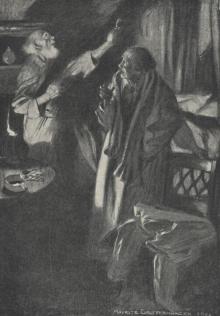 The Monkey's Paw
The Monkey's Paw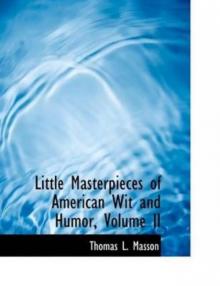 Little Masterpieces of American Wit and Humor, Volume II
Little Masterpieces of American Wit and Humor, Volume II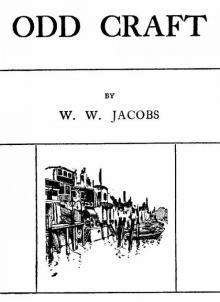 Odd Craft, Complete
Odd Craft, Complete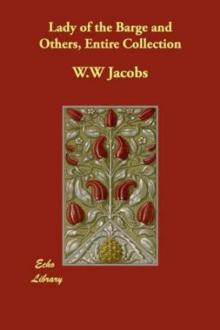 The Lady of the Barge and Others, Entire Collection
The Lady of the Barge and Others, Entire Collection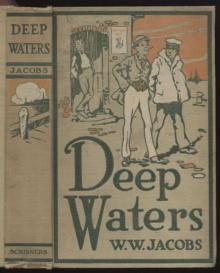 Deep Waters, the Entire Collection
Deep Waters, the Entire Collection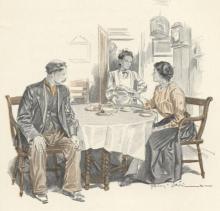 Three at Table
Three at Table Light Freights
Light Freights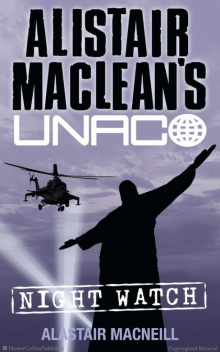 Night Watches
Night Watches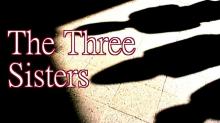 The Three Sisters
The Three Sisters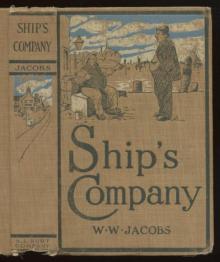 Ship's Company, the Entire Collection
Ship's Company, the Entire Collection His Lordship's Leopard: A Truthful Narration of Some Impossible Facts
His Lordship's Leopard: A Truthful Narration of Some Impossible Facts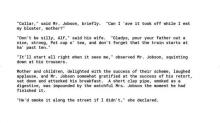 Fine Feathers
Fine Feathers My Man Sandy
My Man Sandy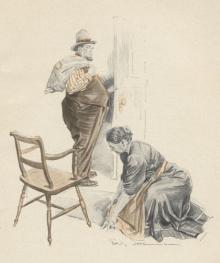 Self-Help
Self-Help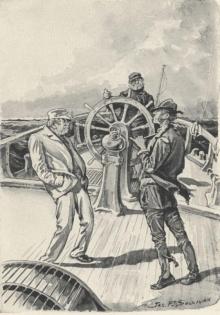 Captains All and Others
Captains All and Others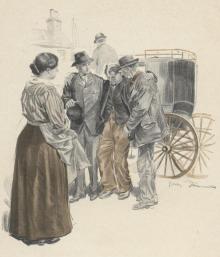 Back to Back
Back to Back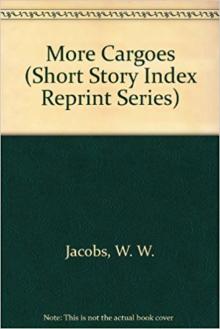 More Cargoes
More Cargoes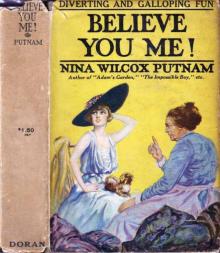 Believe You Me!
Believe You Me!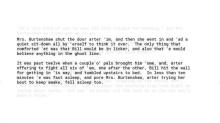 Keeping Up Appearances
Keeping Up Appearances The Statesmen Snowbound
The Statesmen Snowbound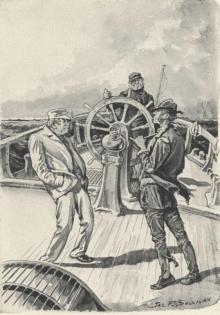 An Adulteration Act
An Adulteration Act The Old Soldier's Story: Poems and Prose Sketches
The Old Soldier's Story: Poems and Prose Sketches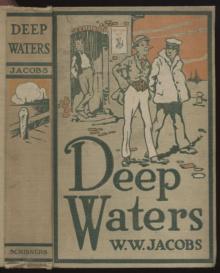 Husbandry
Husbandry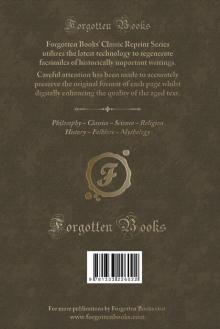 Love and the Ironmonger
Love and the Ironmonger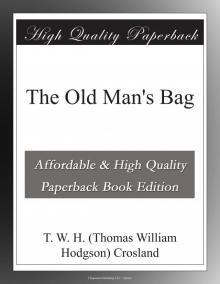 The Old Man's Bag
The Old Man's Bag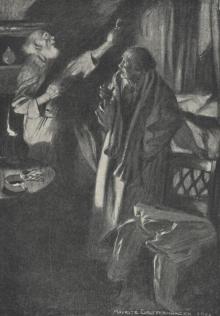 Dirty Work
Dirty Work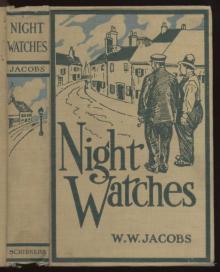 Easy Money
Easy Money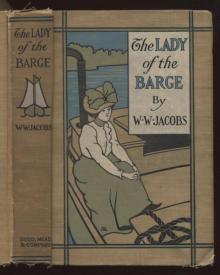 The Lady of the Barge
The Lady of the Barge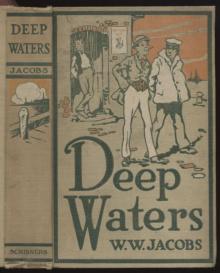 Bedridden and the Winter Offensive
Bedridden and the Winter Offensive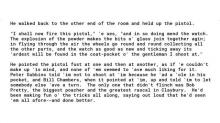 Odd Charges
Odd Charges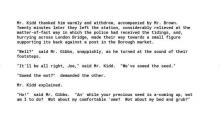 Friends in Need
Friends in Need Watch-Dogs
Watch-Dogs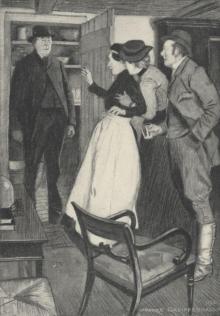 Cupboard Love
Cupboard Love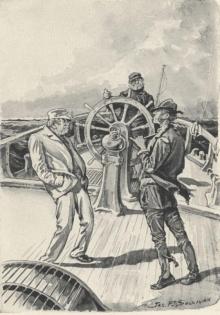 Captains All
Captains All A Spirit of Avarice
A Spirit of Avarice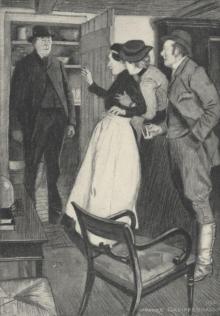 The Nest Egg
The Nest Egg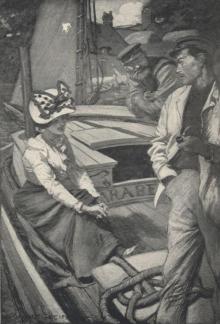 The Guardian Angel
The Guardian Angel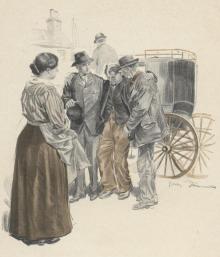 The Convert
The Convert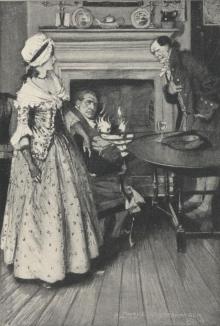 Captain Rogers
Captain Rogers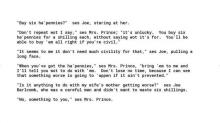 Breaking a Spell
Breaking a Spell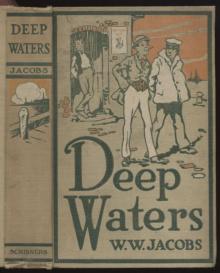 Striking Hard
Striking Hard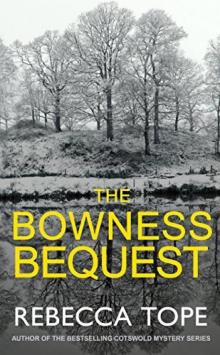 The Bequest
The Bequest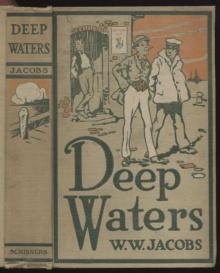 Shareholders
Shareholders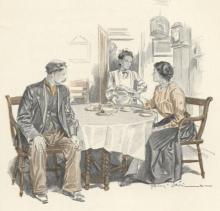 The Weaker Vessel
The Weaker Vessel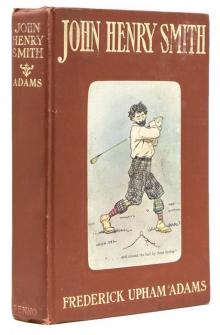 John Henry Smith
John Henry Smith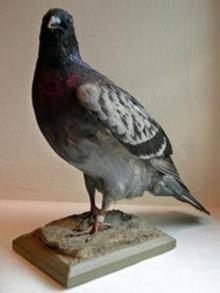 Four Pigeons
Four Pigeons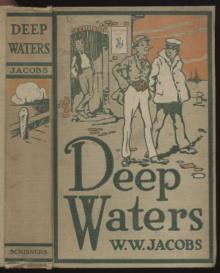 Made to Measure
Made to Measure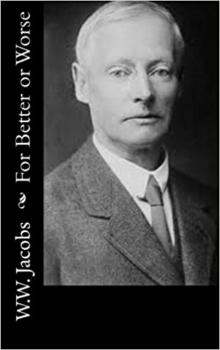 For Better or Worse
For Better or Worse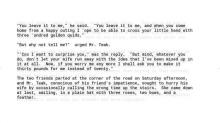 Fairy Gold
Fairy Gold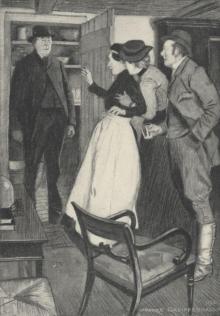 Family Cares
Family Cares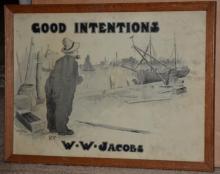 Good Intentions
Good Intentions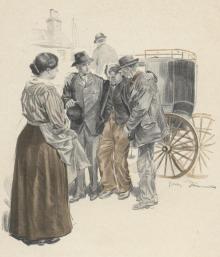 Prize Money
Prize Money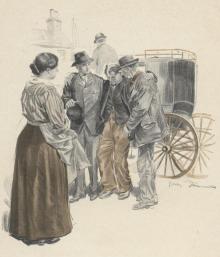 The Temptation of Samuel Burge
The Temptation of Samuel Burge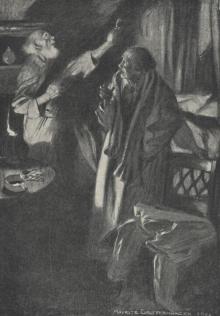 The Madness of Mr. Lister
The Madness of Mr. Lister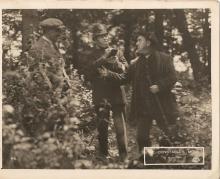 The Constable's Move
The Constable's Move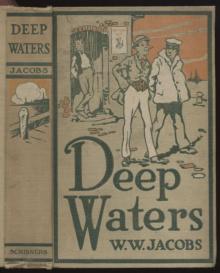 Paying Off
Paying Off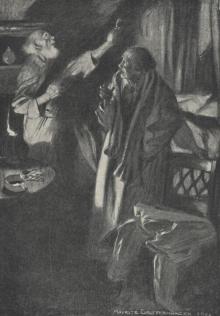 Double Dealing
Double Dealing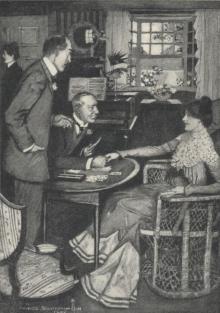 A Mixed Proposal
A Mixed Proposal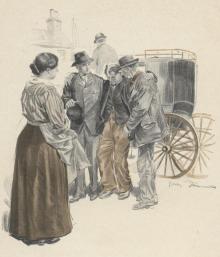 Bill's Paper Chase
Bill's Paper Chase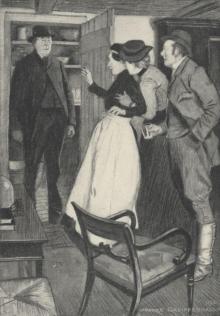 The Changing Numbers
The Changing Numbers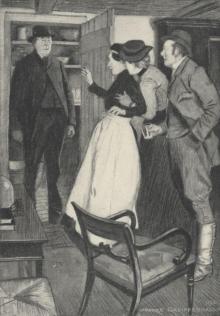 Over the Side
Over the Side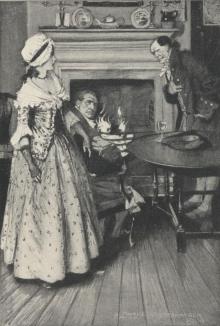 Lawyer Quince
Lawyer Quince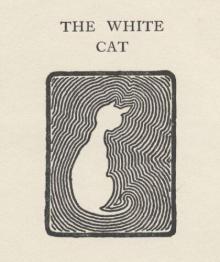 The White Cat
The White Cat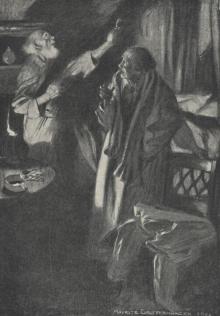 Admiral Peters
Admiral Peters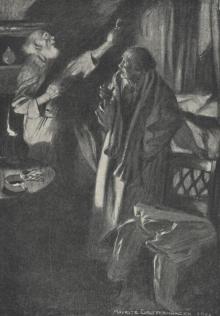 The Third String
The Third String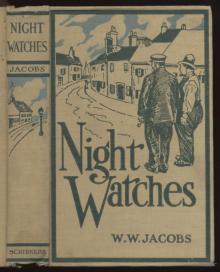 The Vigil
The Vigil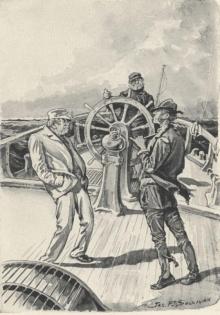 Bill's Lapse
Bill's Lapse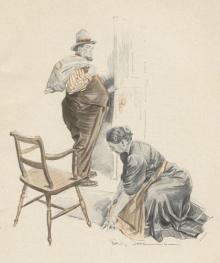 His Other Self
His Other Self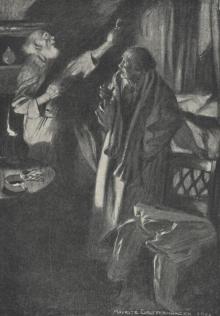 Matrimonial Openings
Matrimonial Openings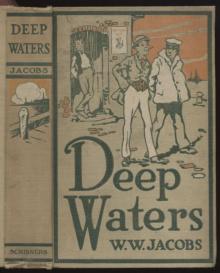 The Substitute
The Substitute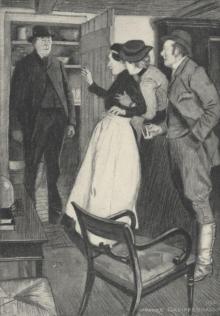 Deserted
Deserted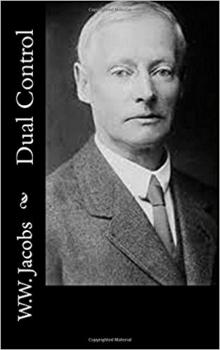 Dual Control
Dual Control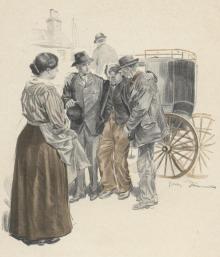 Homeward Bound
Homeward Bound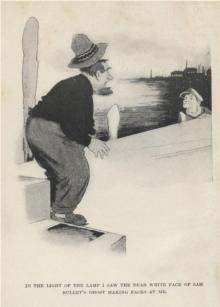 Sam's Ghost
Sam's Ghost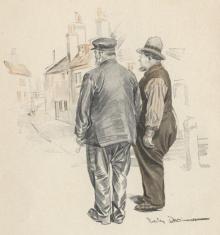 The Unknown
The Unknown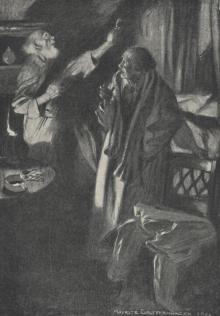 Stepping Backwards
Stepping Backwards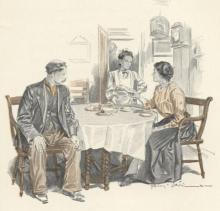 Sentence Deferred
Sentence Deferred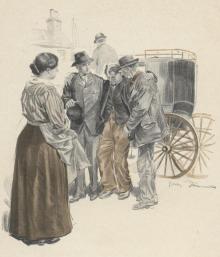 The Persecution of Bob Pretty
The Persecution of Bob Pretty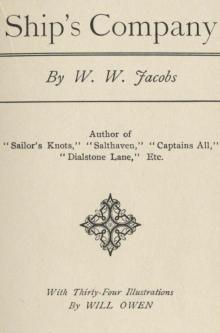 Skilled Assistance
Skilled Assistance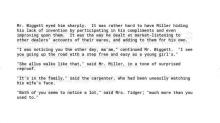 A Golden Venture
A Golden Venture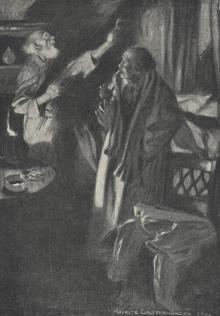 Establishing Relations
Establishing Relations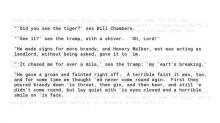 A Tiger's Skin
A Tiger's Skin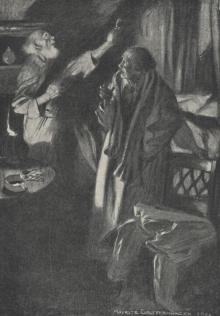 Bob's Redemption
Bob's Redemption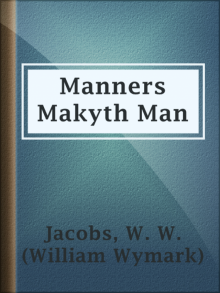 Manners Makyth Man
Manners Makyth Man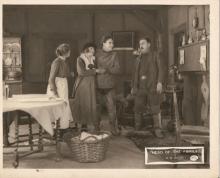 The Head of the Family
The Head of the Family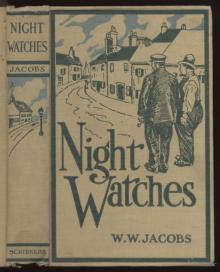 The Understudy
The Understudy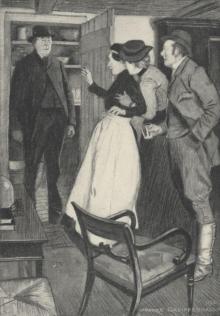 Odd Man Out
Odd Man Out Once Aboard the Lugger-- The History of George and his Mary
Once Aboard the Lugger-- The History of George and his Mary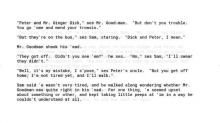 Peter's Pence
Peter's Pence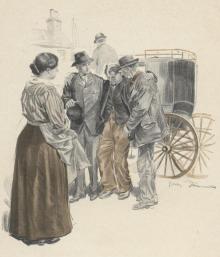 Blundell's Improvement
Blundell's Improvement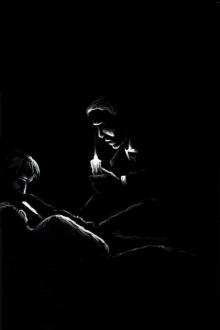 The Toll-House
The Toll-House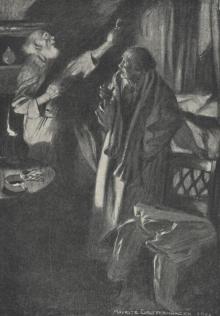 Dixon's Return
Dixon's Return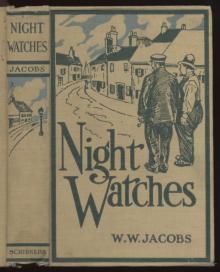 Keeping Watch
Keeping Watch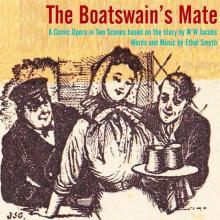 The Boatswain's Mate
The Boatswain's Mate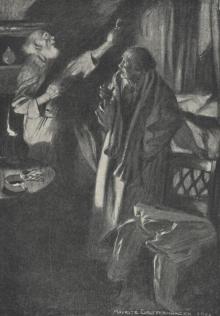 The Castaway
The Castaway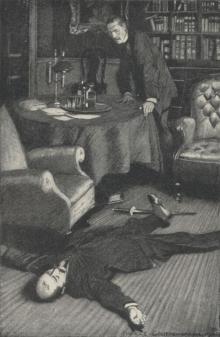 In the Library
In the Library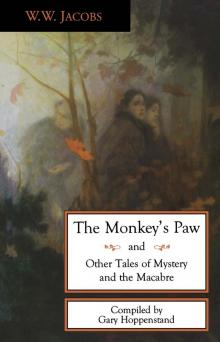 The Monkey's Paw and Other Tales Of Mystery and the Macabre
The Monkey's Paw and Other Tales Of Mystery and the Macabre